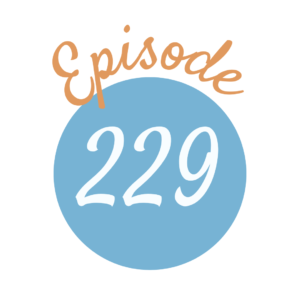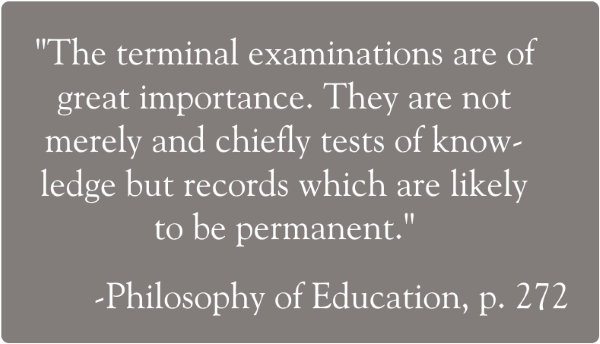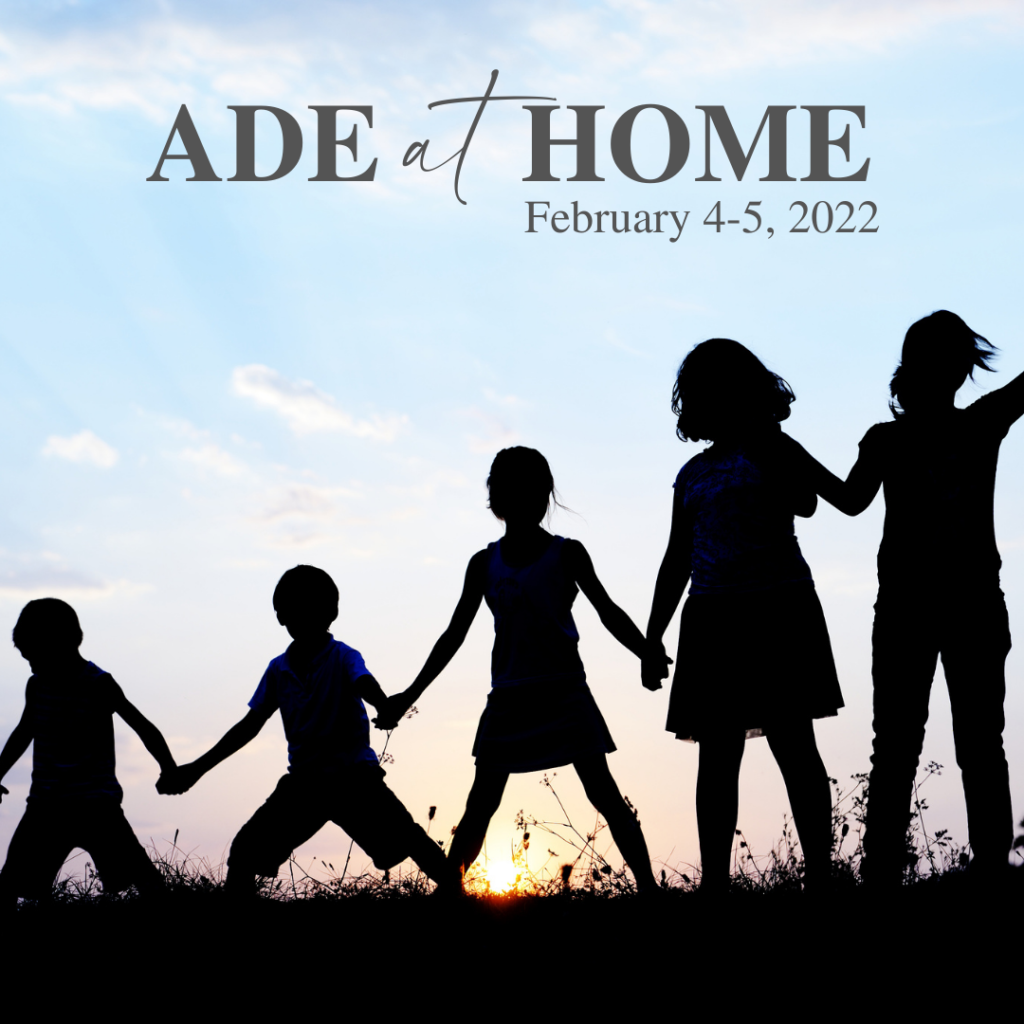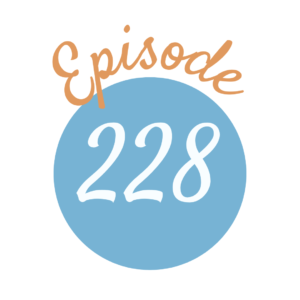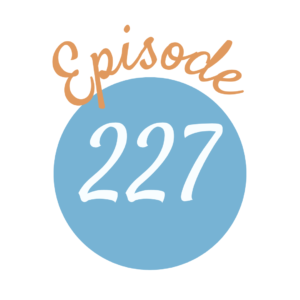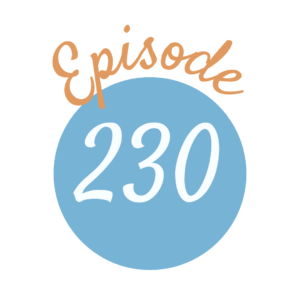
Charlotte Mason made several statements that began, “Education is…” This episode teases out many of her definitions of education. Emily, Nicole, and Liz discuss her perspective on education and how it applies to us today.
Listen Now:

“It is the old story; utilitarian education is profoundly immoral, in that it defrauds a child of the associations which should give him intellectual atmosphere.” (5/313)
“The earlier reformers, notably Pestalozzi and Froebel, divide the faculties up with something of the precision of a phrenologist, and a chief business of education is, according to them, ‘to develop the faculties.’ … There is a certain pleasing neatness in this idea which is very attractive. We want to know, definitely, what we have to do. Why, develop the perceptive faculties here, with the conceptive there, the judgment in this lesson, the affections in the other, until you have covered the whole ground, giving each so-called faculty its due share of developmental exercise!” In case CM sarcasm eludes you, she was saying no to all of that. Instead she said, “The mind, like Wordsworth’s cloud, moves altogether when it moves at all.” (3/92)
“[W]e perceive that the great work of education is to inspire children with vitalising ideas as to every relation of life, every department of knowledge, every subject of thought; and to give deliberate care to the formation of those habits of the good life which are the outcome of vitalising ideas. In this great work we seek and assuredly find the co-operation of the Divine Spirit, whom we recognise, in a sense rather new to modern thought, as the supreme Educator of mankind in things that have been called secular, fully as much as in those that have been called sacred.” (3/173)
“But these principles are obvious and simple enough, and, when we consider that at present education is chaotic for want of a unifying theory, and that there happens to be no other comprehensive theory in the field which is in line with modern thought and fits every occasion, might it not be well to try one which is immediately practicable and always pleasant and has proved itself by producing many capable, serviceable, dutiful men and women of sound judgment and willing mind? (6/32)
“You perceive the point of view is shifted, and is no longer subjective, but objective as regards the child.” (3/186)
“There are good and evil tendencies in body and min, heart and soul; and the hope set before us is that we can foster the good so as to attenuate the evil; that is, on condition that we put Education in her true place as the handmaid of Religion.” (6/I/46)

Even Better than Eden, Nancy Guthrie
(Contains affiliate links)

Episode 4: Three Tools of Education
Episode 202: Short Synopsis Points 5-8

